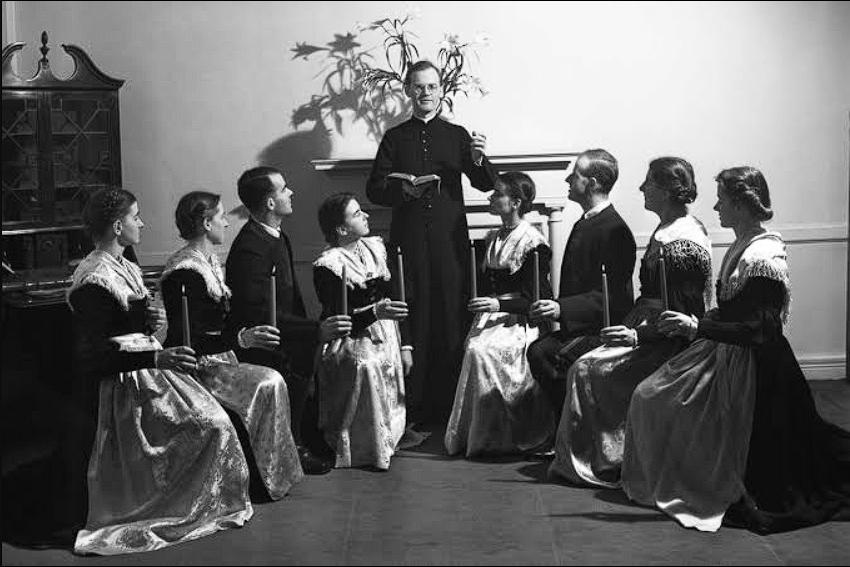The True Story of the von Trapps: Beyond The Sound of Music
Before Broadway stages and Hollywood lights turned their story into a global sensation, the von Trapps were a real family navigating the tremors of history. Their tale—rooted in courage, music, and resistance—was far more complex and inspiring than even The Sound of Music could capture.
Originating in early 20th-century Austria, the von Trapp family rose from privilege, endured great personal loss, defied a brutal regime, and rebuilt their lives as artists and immigrants in America.
The Austrian Beginnings
The patriarch of the family, Captain Georg von Trapp, was a decorated officer in the Austro-Hungarian Navy. He married Agatha Whitehead, and together they had seven children: Rupert, Agathe, Maria Franziska, Werner, Hedwig, Johanna, and Martina. Life in their grand home in Salzburg was filled with structure, Catholic tradition, and eventually—heartache.
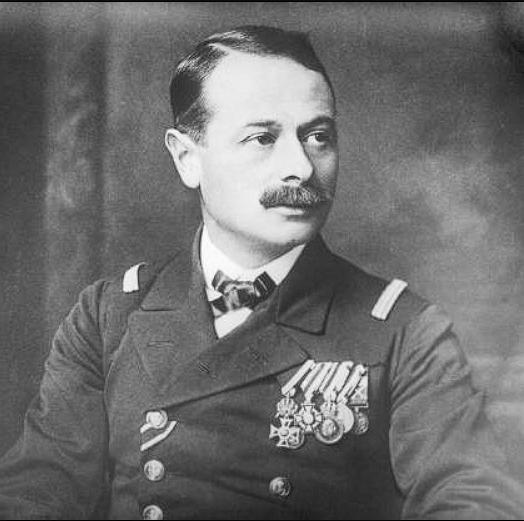
When Agatha died in 1922, Georg was left to raise the children alone. Everything changed when a young postulant named Maria Kutschera was hired to tutor one of his daughters. Though their early relationship was tense, Maria’s love for the children—and eventually for Georg—led to their marriage in 1927.
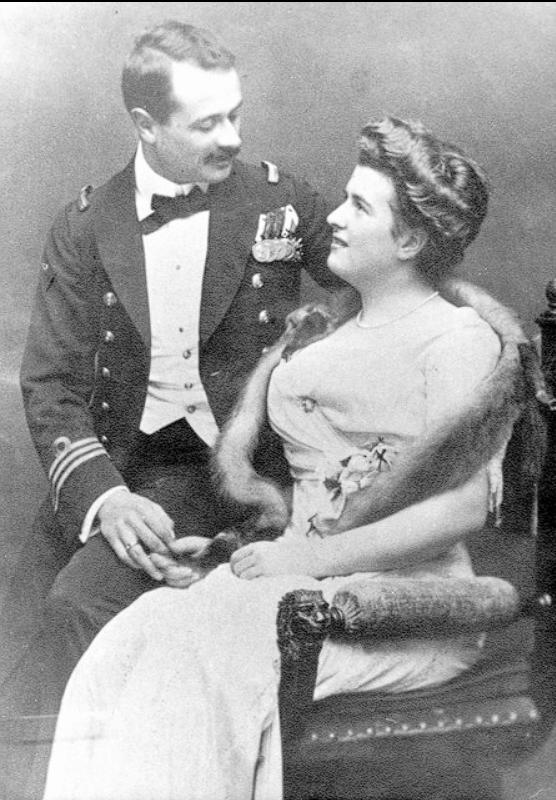
Music as Salvation
With the economic collapse of the 1930s, the von Trapps faced financial ruin. At the same time, their home became a haven for sacred music. Encouraged by the priest and choirmaster Franz Wasner, the family turned their talent into a career. The Trapp Family Singers were born—blending classical and liturgical pieces with folk songs, performing across Europe.
Their music was a lifeline. It sustained them financially and emotionally—but it also made them highly visible in a time of mounting political danger.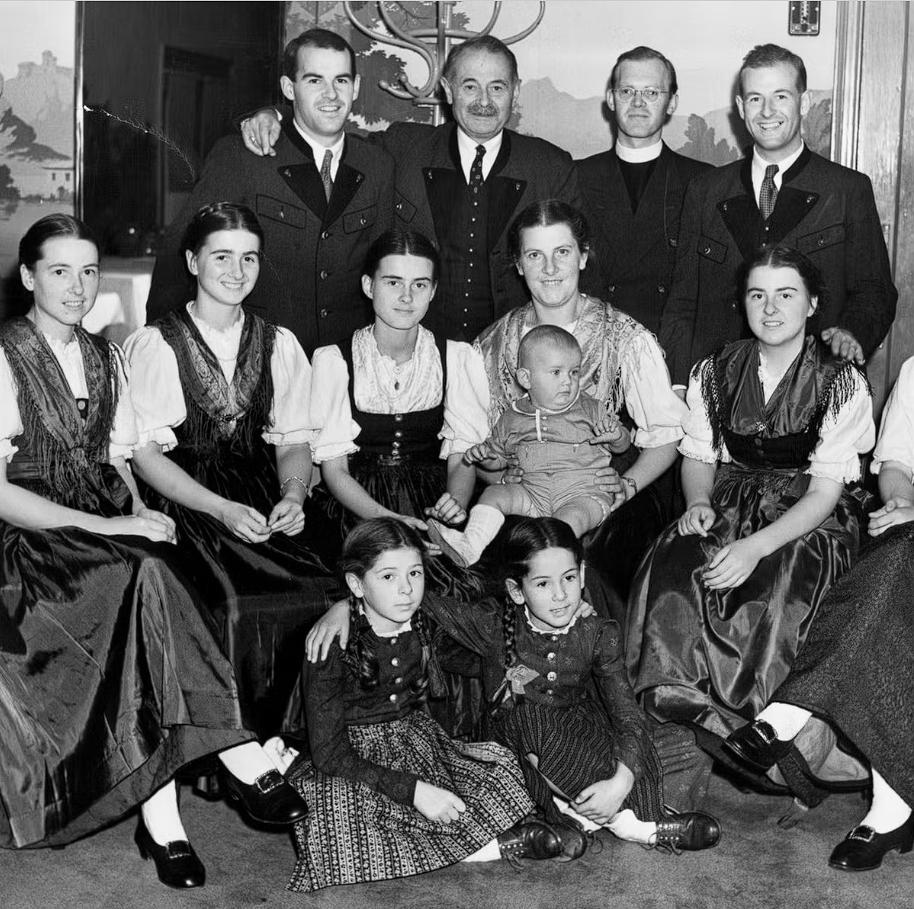
Fleeing the Third Reich
When Hitler annexed Austria in 1938, the von Trapps were directly threatened. Captain von Trapp was offered a commission in the German navy, and the family was courted to perform at Nazi events. Refusing both, they knew they had to escape.
Contrary to the dramatic mountain-climbing scene in The Sound of Music, they actually left Austria by train—disguised as a performance trip to Italy. It was the beginning of a journey that would take them to America.
A New Life in America
In the United States, the von Trapps built a modest but meaningful life. They performed under the name The Trapp Family Singers, touring across the U.S. in a bus, staying with host families, and bringing European choral tradition to American audiences.
Eventually, they settled in Stowe, Vermont, and opened a music camp and guest lodge—The Trapp Family Lodge—which still operates today under the care of their descendants.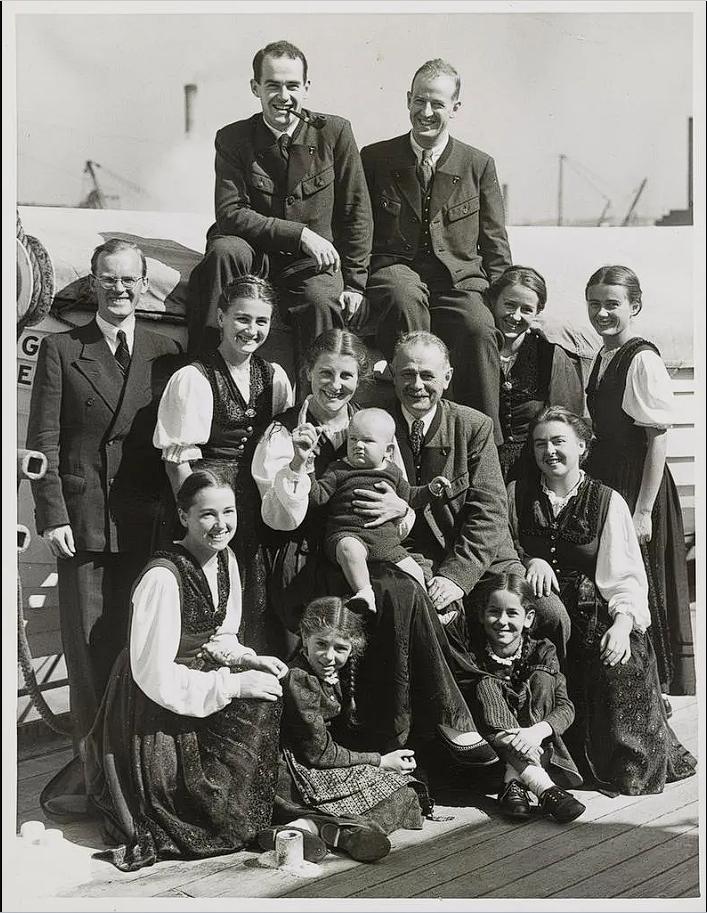
The Sound of Music vs. Reality
In 1959, The Sound of Music opened on Broadway. The 1965 film adaptation starring Julie Andrews catapulted the family into cultural legend. But while the musical preserved the spirit of their story, it altered much of the detail:
- Maria married Georg for love, but also out of duty.
- The children were older and more numerous than in the film.
- Captain von Trapp was warm and musical, not the strict disciplinarian he was portrayed as.
- Their escape was by train, not over the Alps.
Still, the essence remained: music as resistance, family as refuge, and faith as strength.
The von Trapps Today
Many members of the family lived long lives in America, contributing to education, the arts, and humanitarian work. In the 21st century, a new generation of von Trapps—descendants of Werner—continued the singing tradition for a time, performing modern folk and classical crossover music until disbanding in 2016.
The von Trapps remain a symbol of courage in the face of tyranny, of resilience through displacement, and of the enduring power of music. Their real legacy lives not just in film reels or stage scripts, but in their unshakable commitment to family, faith, and principle.